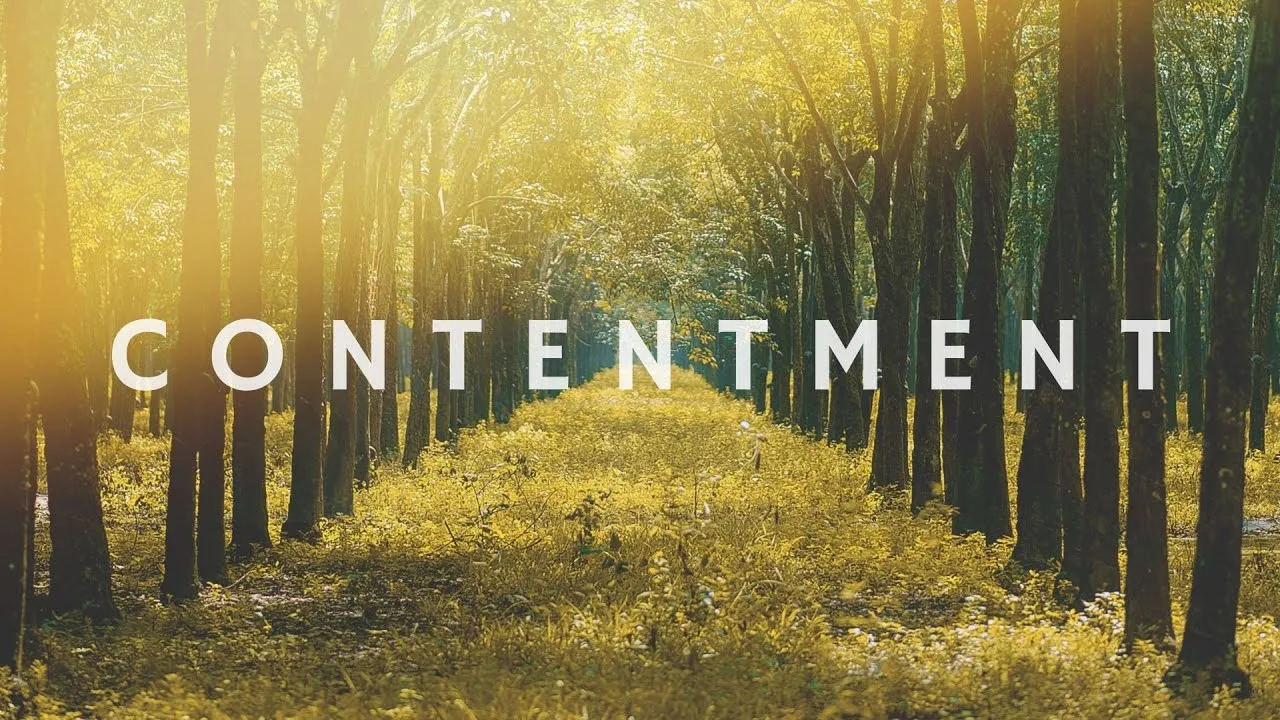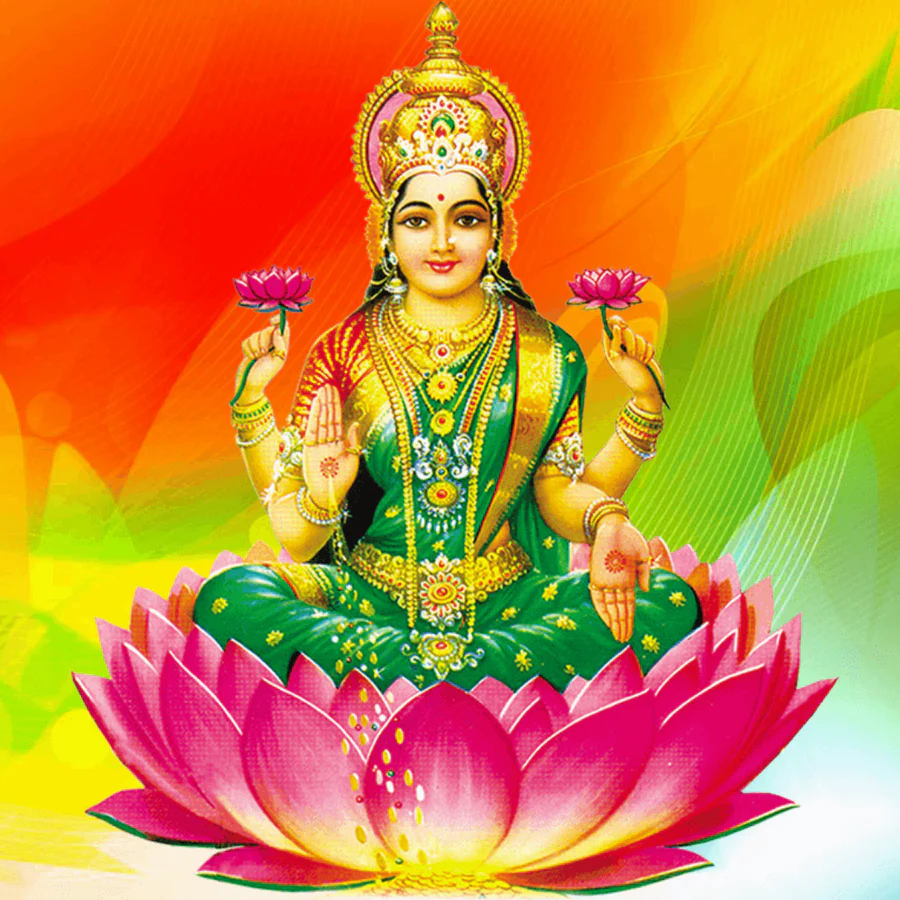The Practice of Contentment

TED Tuesday Teaching: The Practice of Contentment
We’ve begun our journey by shifting into gear—asking ourselves What am I feeling? How am I feeling it? And where is it located in my body?
That inquiry has set us on a new course. One where we start to navigate not only with the mind, but with the wisdom of the body. We’ve practiced listening to our inner and outer dialogue—hearing the cues the body gives to the mind. “I feel scattered.” “I feel ungrounded.” These become road signs on our inner map.
As we develop this palette of inner roads, something powerful begins to emerge: contentment.
Contentment: Wanting What You Have
Contentment is one of the most profound states of being. Someone once said, “The highest state is wanting what you already have.”
Yoga shows us how the gross (the larger, physical aspects of us) can inform the subtle (mind, emotions, spirit). And the subtle, in turn, can inform the gross.
For example, as we strengthen the body through yoga, walking, climbing a mountain, or simply moving with intention, the mind absorbs the message: I am strong, I am capable. Conversely, when we cultivate subtle qualities like patience, love, or clarity, they ripple outward and transform even the heaviest experiences of our body and life.
Why This Matters
Life will bring challenges we cannot change—illness, aging, loss, broken relationships, death. These experiences test us deeply. But through contentment, we can learn to meet them with a steadier heart.
Contentment doesn’t mean pretending everything is “fine.” It means releasing our grip, loosening the push-and-pull of desire and aversion. In that release, a quiet ease arises—an acceptance of what is.
My dad, 88 years old, spending this period in life without his beloved wife of 67 years and known for 77 years says this: “It Are What it Are” - No fight, no push, no pull. Just simple contentment.
And from that ease, something more mysterious often blossoms: bliss (Ananda).
Bliss: The State Beyond Opposites
Most experiences have an opposite—hot/cold, smooth/rough, anger/calm. But bliss belongs to a rare category: it has no opposite.
Bliss may take many forms for you—faith, spirit, connection—but it cannot be forced. It arrives as the byproduct of practicing contentment. In a sense, bliss is the “exhaust” of contentment. When you tend to the practice, peace naturally follows.
How to Practice Contentment
For today, let’s focus on two simple practices:
- Wanting What You Have
- Reflect on everything in your life—not just the obvious blessings, but the struggles too.
- Ask: What am I learning from these challenges? How are they shaping me?
- Reflect on everything in your life—not just the obvious blessings, but the struggles too.
- Joy Without Attachment
- Notice what brings you joy that doesn’t rely on external conditions.
- Example: I have a shoulder issue that sometimes makes playing an instrument painful. But music itself—the listening, the writing, even playing a different instrument—still brings me joy. By detaching from one way of experiencing it, I open many new doors for joy.
- Notice what brings you joy that doesn’t rely on external conditions.
That same JOY can be triggered from many different sources
Expanding From the Center
As we root into contentment, it ripples outward:
- To our emotions, mind, and energy.
- To our families, partners, and communities.
- To society itself.
From the deepest center of us, new roads and new paths open—ones we may have only imagined before.
Emotion is the note. You are the song that plays it.
